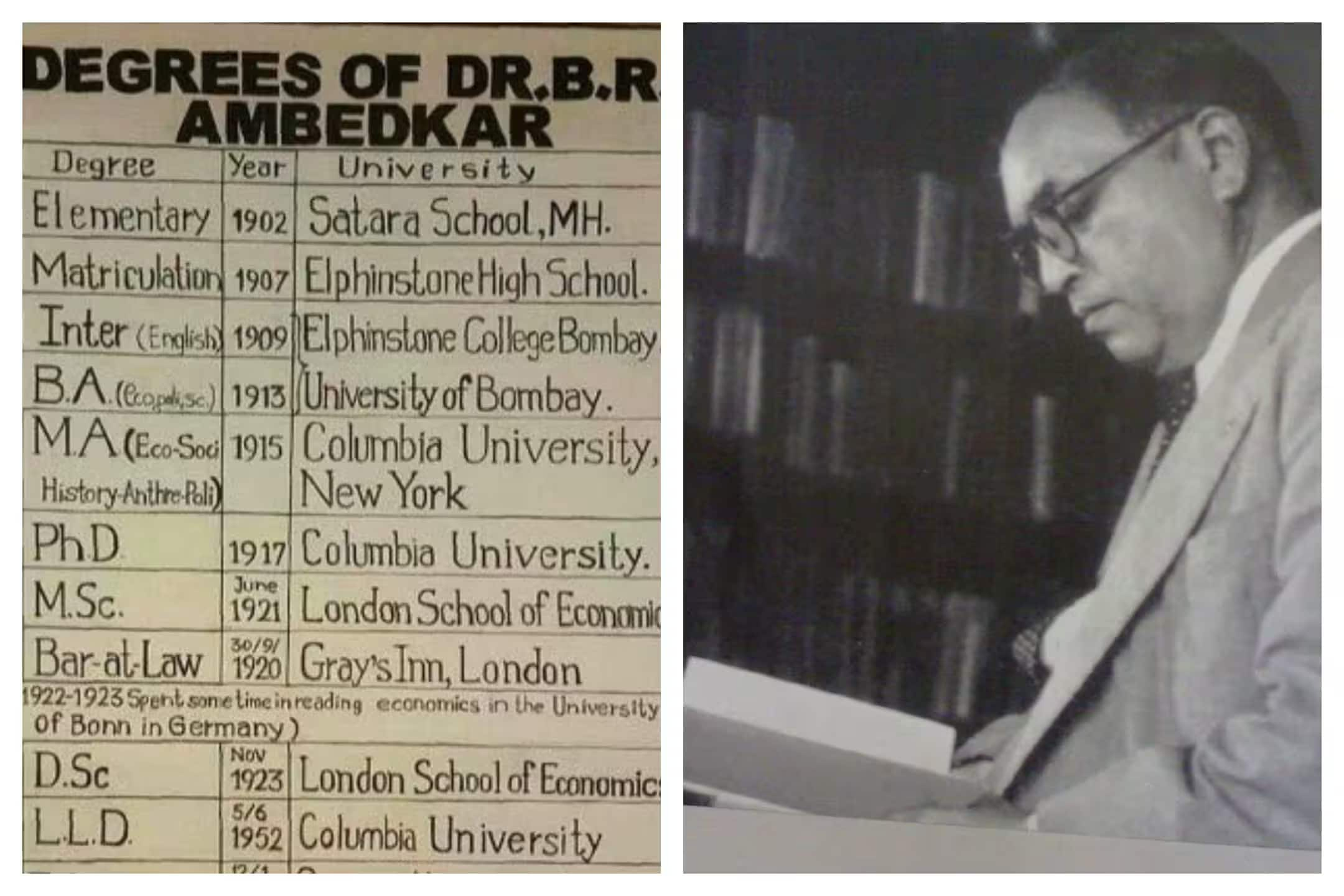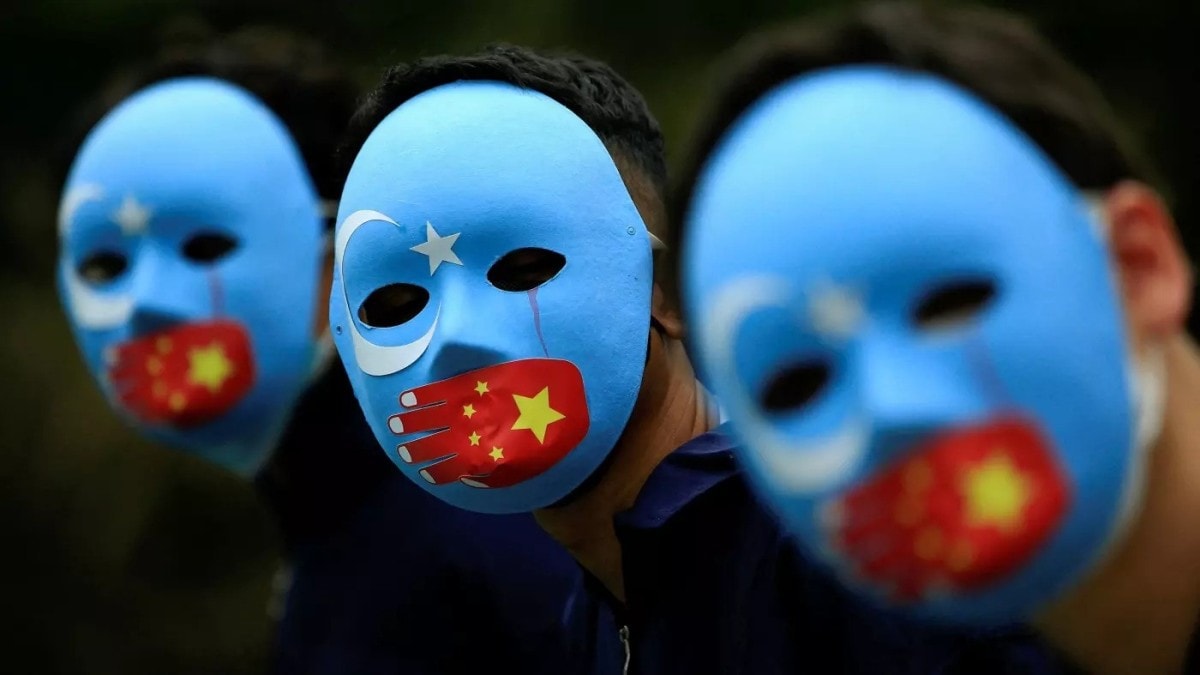
By Park Sung-ik Extracurricular activities in Korean middle and high schools are usually carried out by teachers setting up special activity classes and students selecting them. They are supposed to be held once a week after school, but are usually conducted on a full day once a month on Saturday. In most cases, general teachers without expertise open sports classes or cultural classes and conduct them themselves.
Sometimes, there are teachers who bring in professional instructors to teach. Some teachers even take their students to the park or outdoors for a set period of time and then send them home. On the other hand, in the case of Japan, the activities of departments such as the sports department and the cultural department are mainly centered.

For example, the sports department is very active, and the cultural department also includes a variety of activities such as traditional art, music and literature. The importance of the experience, teamwork and social skills of the special activity itself is emphasized. What's even more surprising is the percentage of high schools that have ball sports teams.
According to 2021 statistics, there are 3,962 high school soccer teams in Japan, while there are 190 in Korea. There are 4,887 high schools in Japan, so 80 percent of Japanese high schools have a soccer team and 76 percent have a baseball team. On the other hand, only 8 percent of Koreans have a soccer team and only 4 percent have a baseball team.
This is the gap in high school team sports between Japan and Korea. As a result, in the case of professional baseball, the gap between the two countries widened to the point where Korea could not keep up with Japan. Therefore, Nippon Professional Baseball (NPB) is a world-recognized league with outstanding players.
For example, while best player Shohei Ohtani and several other players are active in the MLB, there are only two or three players from Korea. As for soccer, Japan's J League is regarded as a high-level game in Asia, and many foreigners play there. Japanese players are also active in overseas leagues.
Korea's K League is also competitive, but compared to the J League, the ratio of foreign players and the overall competitiveness of the league are lower. It is a clear fact that Korea has strengths in popularity and league level, but it is lagging behind Japan. Korea's lack of professionalism in extracurricular activities and the slump in adult sports are due to several factors.
In order to bridge the gap between Korea and Japan, the following must be resolved. First, education in Korea focuses on academics, and students often do not spend enough time on physical activities. In particular, during high school, preparation for college entrance exams takes priority, making it difficult to participate in competitions or receive professional training.
Second, extracurricular activities run by schools often lack professional training, leading to low levels of training and lack of systematic programs. This is one of the factors that discourages students from participating in sports. To solve these problems, more systematic education programs, policies that encourage sports participation across different age groups and the establishment of professional sports infrastructure are needed.
Through this, we will be able to revitalize extracurricular activities and adult sports in Korea. Park Sung-ik ([email protected]) is a retired English teacher from Pungmoon Girls' High School.
.















